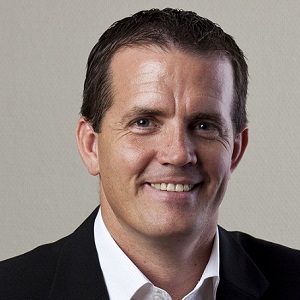Creating a successful contact centre
 The quality of the consumer’s contact centre experience defines a significant portion of overall brand value – far more so now than was the case a few years ago.
The quality of the consumer’s contact centre experience defines a significant portion of overall brand value – far more so now than was the case a few years ago.
For most brands the defining contact centre challenge is to move away from a paradigm where customer service is a gritty and unpleasant coal face experience, and towards positive customer interactions that enhance brand value. Achieving this shift requires a considerable amount of strategic planning and tactical effort.
Decision makers embarking on the contact centre journey should focus on five key areas. While each impact the overall consumer experience, however, this is by no means the only area of relevance to the business.
Get tech savvy
System singularity is a technology must-have. Only single engine communication systems are able to integrate all the performance and reporting aspects required by modern business, within a real-time framework.
The end goal is a consolidated system that ensures information processing is streamlined to cope with fragmented communication channels, copes seamlessly with onerous record keeping regulatory requirements, and offers decision makers access to a full range of customised reporting variables, in real-time, of course.
Traditional, hardware-based proprietary systems are still prevalent in the market, but as the range of communication demands placed on businesses compounds, the inability of these systems to cope with variability without incurring significant, ongoing development costs will become more and more of an issue.
Market yourself
Regardless of what the organisation’s strategic communication aims are, rolling-out a modern contact centre must begin with an extended conversation with customers. Some brands will require a Twitter contact channel, while others will need SMS call back facilities. The bottom line is that only your customers can tell you which mix of communication channels will be appropriate for your organisation.
Once the right channel mix is in place, it’s also crucial to communicate, clearly and in good time, to the market about the ways in which the brand’s contact channels are evolving, and how this evolution will impact consumers.
Check your employees
If a contact centre is suffering from agent churn, it’s got a serious problem.
A lot of natural talent arrives at an average contact centre on any given day. It’s the companies that are able to foster this talent into a valued, long term employee base that deliver exceptional service – and invariably these companies carry out extensive, ongoing training. Training is not just about making sure staff are able to keep up with technological change (which is, of course, crucial in any contact centre). It’s also about creating the sense of positivity and progression within the organisation that defines key elements of the customer’s experience.
Understand the CPA
The Consumer Protection Act (CPA) is comprehensive and complex, and it requires decision makers across the local economy to make a proactive effort in understanding the many potential interpretations of the law that will apply to specific cases, contexts and scenarios.
It is now a legal requirement that communication records are instantly accessible and traceable across all possible channels, from user emails to phone calls to SMS interactions. Each organisation must identify – in detail – what their contact centre managers must know about the CPA. The next challenge is delivering the relevant education, within the context of day to day operations.
Progress in proces
From the consumer’s perspective, service must be as close to seamless as possible, and this means that not only must the right mix of communication channels be in place, but also that each channel must offer a smooth, logical path to resolution.
But processes are by no means restricted in relevance to the consumer’s experience. A mature communication strategy will often involve blending inbound and outbound functions, for example. By adding outbound account management to the mix, many brands have reduced debtors days significantly, an improvement that can deliver major savings. And then there are the management obligation records created by the CPA. No matter which way you look at it, processes matter, and to ensure that exactly the right processes are in place, one needs to start at the beginning again – with the technology.
By Karl Reed, marketing director at Elingo


